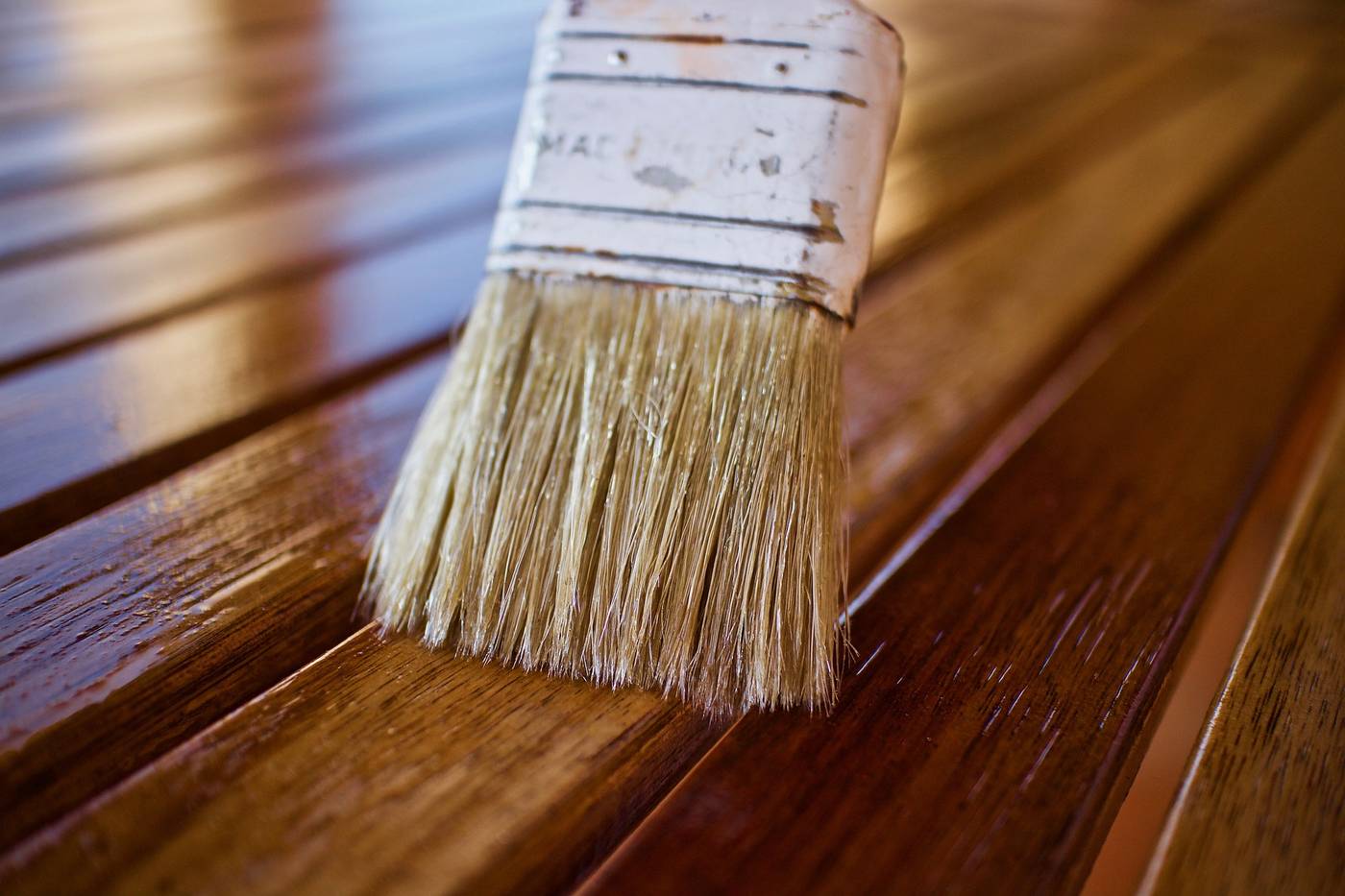Marketing a home with a few good years (and not a lot of maintenance) on it can be daunting. While some buyers are great at seeing potential, some lack vision—seeing past the pink bathroom tile or dated floral wallpaper, for example, can be a real stretch for the non-designers among us.
A home that needs repairs may take longer to sell than one that has been well-maintained. But major upgrades can run into tens of thousands of dollars. So, with a given property, how do you decide between selling it as-is or investing in fixes? There are a few key questions to ask.
Who’s your buyer (and where)? Again, while there are a special few who can see the charm and potential in an older home, most can’t envision how an outdated space could work once it has been updated.
Much depends on the neighborhood. Is there a preponderance of teardowns followed by new builds? If so, the land represents the real value, and work on the property isn’t always necessary to generate a return on the investment. If it’s an area where older homes are routinely rehabbed, some judicious changes could bring a higher yield from the market.
Finally, if a turnkey buyer is your target—and an actual possibility—then you’ll be looking for a general contractor and looking at months on the project and, to do it properly, a significant financial outlay.
What’s your timeline? Should you have an urgent need to sell a property—say you’re selling for cashflow reasons—there won’t be enough time to spend on fixing it up. That said, in a slow market, a house that needs a lot of repairs won’t get many looks and only the odd lowball offer, so the right investment can move things along.
What shape is the house really in? Even in a hot market, buyers may be inspired by home improvement shows, but when it boils down to it, most people’s ideas about fixing involve little more than cosmetic changes—they’re not necessarily looking to start knocking down walls. If the house needs major plumbing or electrical work and the floors have become unsalvageable, minor changes likely aren’t worth the trouble. Instead, consider pricing it just low enough to generate multiple offers.
Which repairs are essential? If you’re selling a property for anything more than the lot it’s sitting on, buyers will more than likely get an inspection. It should go without saying that everything needs to be up to building code. Also, consider fixing anything that’s broken, stained, or simply worn out. That goes for carpet (unless a good cleaning will do the trick) and old window coverings. Unfortunately, many buyers will shy away from a house that doesn’t have a fairly new roof, so be sure to build that into your budget.
Which repair will give you the most bang for your buck? Big ticket upgrades like kitchens and bathrooms are generally considered to give the most resale value, but certain cheaper line items—like tidying the landscaping for curb appeal and a coat of neutral paint—can move the property faster and generate more cash at the closing table.
When in doubt, consult your real estate agent and other real estate professionals. Once you’re ready to sell, give Attorney’s Title Group a call and we’ll make it so that your closing is one less thing to have to think about!

